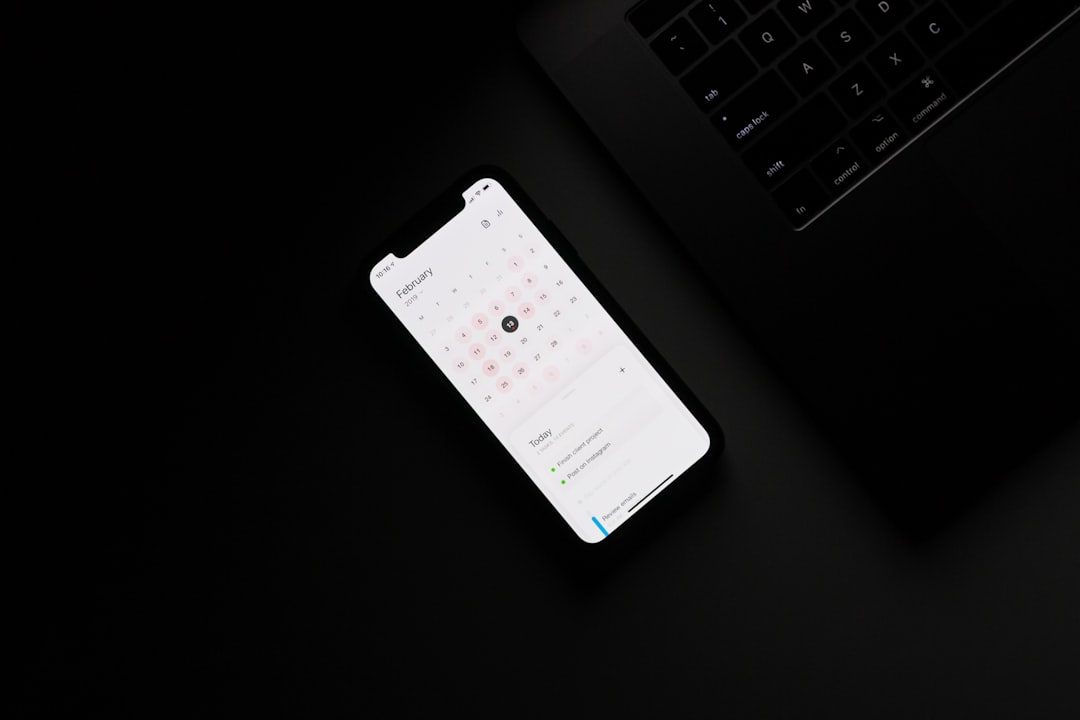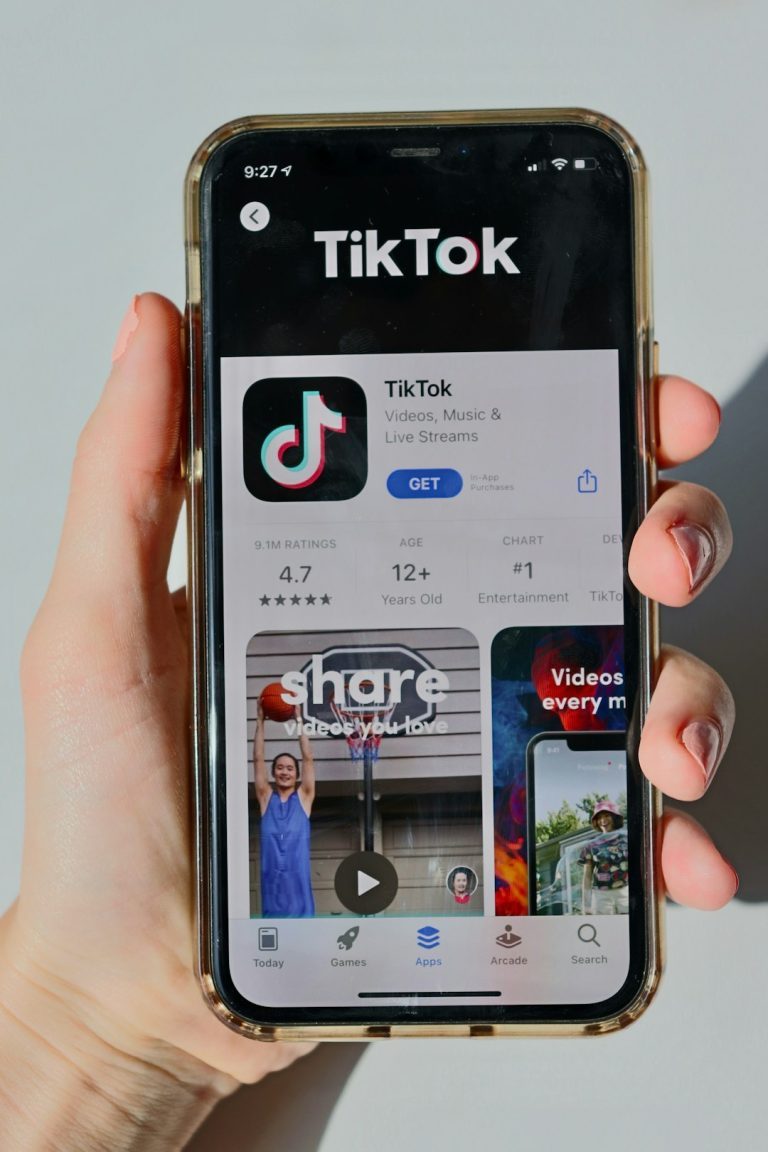Keeping patient data safe is super important. If you work in healthcare, or with a healthcare company, there’s one thing you absolutely must know about—the Business Associate Agreement, or BAA. It sounds boring, but don’t worry! We’ll make it easy and fun to understand.
So, what is a Business Associate Agreement?
A BAA is a legal contract. It’s signed between a healthcare provider (like a doctor or hospital) and a business associate (like a billing company or cloud storage provider). This contract says, “Hey, let’s protect patient information and follow the HIPAA rules!”
HIPAA stands for the Health Insurance Portability and Accountability Act. It’s a U.S. law that keeps patients’ health details private and secure.

Why is a BAA important?
Imagine sharing your secret diary with someone. You’d want them to promise they won’t read it or tell anyone, right? That’s what a BAA does, but for patient data.
If you’re a healthcare provider and you work with other companies, you need a BAA to stay HIPAA compliant. Without it, you’re not just risking patient data—you could also get fined. A lot.
Who needs a BAA?
If you handle protected health information (PHI), this is for you. Here’s a quick list:
- Doctors
- Hospitals
- Medical billing services
- Cloud hosting providers
- IT support teams
- Email providers (if they access PHI)
If any of these companies or people touch PHI, they need to sign a BAA.
What’s inside a BAA?
It isn’t just a handshake. A good BAA should clearly spell out the rules. Here are the main ingredients:
- How PHI will be used
- How PHI will be protected
- What happens if there’s a data breach
- How data will be returned or destroyed if the contract ends
Think of it as a rulebook for keeping secrets safe.

Let’s talk HIPAA compliance
HIPAA is all about making sure that sensitive info stays private. If you’re not careful, there can be big consequences. We’re talking penalties of up to $50,000 per violation—yikes!
A BAA helps prove you’re doing your part. If the government comes knocking, a signed BAA will show that you’re serious about compliance.
Common BAA mistakes to avoid
It’s easy to slip up. Here’s what to watch out for:
- Not signing a BAA with all your vendors
- Using a generic contract that doesn’t mention HIPAA
- Forgetting to update the BAA when laws or services change
Remember: The goal isn’t just to have a signed paper. It’s to protect people’s private health info.
How to stay on top of it
Want a gold star in HIPAA compliance? Do these things:
- Make a list of all your vendors
- Check who has access to PHI
- Send out BAAs and confirm they are signed
- Review them at least once a year
Pro tip: Work with a HIPAA consultant if you’re unsure.
Final thoughts
If you’re in healthcare, a Business Associate Agreement is not optional. It’s your safety net for working with outside help. It keeps patient info protected. It keeps your company safe from fines. And it helps you sleep better at night!
So go ahead, draw up those agreements and get them signed. HIPAA compliance never looked so good!




